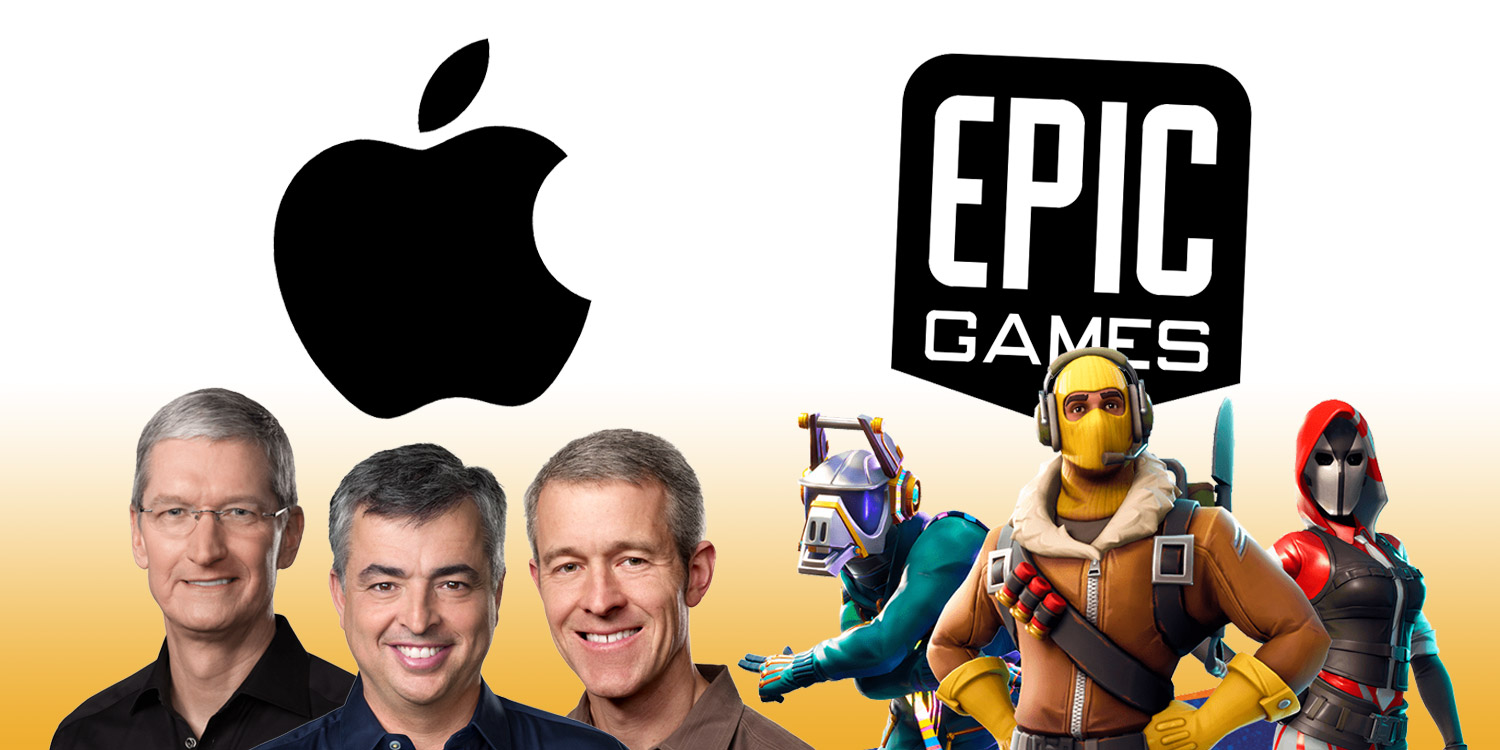When everyone’s a bad actor, everyone watching the show gets a raw deal
You might wonder what’s going on in the spat between Apple and Epic Games. You’re not alone. The venomous back-and-forth between the two companies over these past few months has escalated to dizzying levels, with each accusing the other of all kinds of nefarious deeds.
A rough timeline is as follows. It began with the CEO of Epic Games griping to the press about the App Store, arguing that it’s a monopoly, and calling Apple’s 30% cut of store fees “terribly unfair and exploitative”. The company then released an update to its insanely popular game Fortnite that had direct in-app purchases that bypass the App Store cut.
Apple, unsurprisingly, wasn’t thrilled about this violation of App Store policies (and nor was Google when Epic tried the same thing on Google Play). Fortnite was duly removed from the App Store, on the basis the rules are designed to keep users safe and “create a level playing field for all developers”.
Epic sued Apple almost immediately. It also satirized Apple’s famous 1984 ad, positioning Apple as oppressor — an ominous, domineering Big Brother — rather than liberator. Epic became a plucky underdog fighting for freedom, to “stop 2020 from becoming 1984”. An unimpressed Apple then threatened to terminate Epic’s Apple Developer Program account unless it resolved the spat, thereby endangering its Unreal Engine, which is used in thousands of independent games and apps.
Microsoft and Spotify, smelling blood in the water, threw their support behind Epic. (Spotify also wants to bypass App Store payments; Microsoft wants to bring its streaming games service to iPhone and iPad.) A judge wearily granted a temporary order to prevent Apple blocking Epic from the tools it needs to maintain Unreal Engine, but didn’t force Apple to put Fortnite back on the App Store. Apple issued statements. Epic issued statements. Each company blamed the other, and argued it was acting in the best interests of the people.
If you’re thinking we’re a long way into this article before the public’s been mentioned, you’re not wrong. That’s because, sadly, this isn’t about you. Epic screams #freefortnite at the top of its lungs, but ultimately wants to have its cake and eat it. It wants to bypass the App Store (to make bigger profits), bring its own competing games store to iPhone/iPad, and to have Apple make said store accessible via the App Store.
https://youtu.be/MfQtnQHLNcs?t=3802
Meanwhile, Apple continues to claim App Store rules are applied evenly, when they aren’t — plenty of companies are known to have special deals. It also argues the standard 30% cut on sales is reasonable, when it clearly isn’t. (Other payment systems demand much lower fees. And when the App Store was born, then-CEO Steve Jobs said the cut was about maintenance, not profit.)
In other words, it’s all about money. Apple wants 30% of every in-app purchase, including those in Fortnite — one of the most profitable games on the App Store. Epic wants to keep all the money itself and ignore rules it knowingly signed up to, all while acting the scrappy underdog despite being worth over $17 billion. Billionaires are trading blows with the promise that you, the average iPhone/iPad user, are in their thoughts. Somewhere.
As for a solution, it’s hard to figure out what’s the right course of action. Every party is acting in its own self-interest, and the ramifications are wide-ranging. Any ruling that impacts on App Store payments will have a knock-on effect on digital stores and sales globally.
Here’s hoping the legal system can sort things out in a manner that works for everyone, and not just one massively rich corporation’s bottom line.

